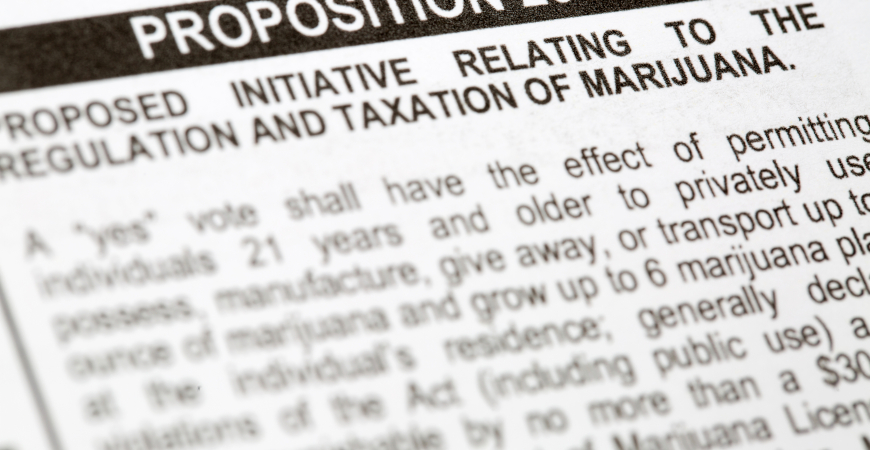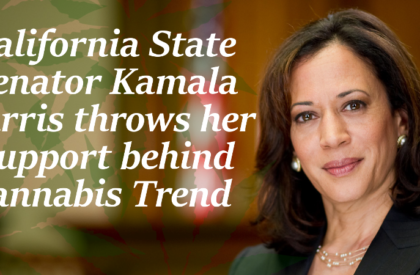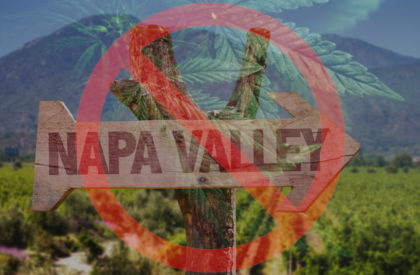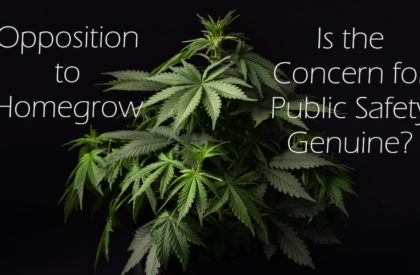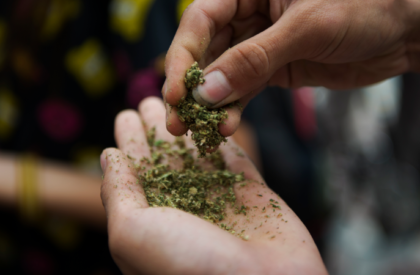
Minority Ownership in the Cannabis Industry Remains Stagnant
California Cannabis Equity Act of 2018
Recreational marijuana is no longer illegal in Washington D.C and in ten states across the country. Law makers along with other advocacy groups have pushed for expunging records for residents who’ve previously been convicted of marijuana related charges. Government agencies and city lawmakers have also put plans in place to aid communities that were negatively affected by the war on drugs. African American and Latino communities across the United States have disproportionately been the targets of, and convictions for marijuana related charges.
Arrests rates differ despite infractions being the same
According to New Frontier Data’s report, Whites, Blacks and Latinos sell cannabis at a similar rate. While the rate of selling weed is almost the same among the three groups, Blacks and Latinos are arrested at nine times the rate as Caucasians. This study was calculated from 1997-2016 which substantiates that this is going on now in Latino and Black neighborhoods across the U.S.
The Negative Side Affects
The implication on communities of color goes beyond someone having a criminal record. Members of these communities who have a criminal record suffer from limited access to employment and educational advancement, student financial aid, immigration status and public housing opportunities.
Damage Control
Proposition 64 was created in California to mitigate some of the damage done to low income communities of color. Under this proposition those convicted for marijuana related charges can submit their case for review.
Under Senate Bill No. 1294 the California Cannabis Equity Act of 2018 would be enacted. The act authorizes the Bureau of Cannabis Control to provide aid to communities hit hardest by the War on Drugs. $10 million in funds have been set aside to provide help to minority cannabis business owners. The type of help varies but includes providing technical assistance and waiving fees to obtain permits and licenses.
Maryland and Massachusetts have also started similar initiatives to help low income communities enter the green rush.
Non-profit organizations created for minority cannabis business owners
There have been a few nonprofit organizations recently created to help minority business owners start their cannabis businesses. Non-profit organizations include Minorities for Medical Marijuana, Inc., and the Minority Cannabis Business Association.
The Minorities for Medical Marijuana non-profit organization focuses on providing training regarding public policy, social reform, business, health and wellness in the cannabis industry. Their mission is to also focus on providing research, outreach, and advocacy.
The Minority Cannabis Business Association focuses on creating economic empowerment and equal access to cannabis businesses and their patients along with the neighborhoods negatively affected from the war on drugs.
Ohio Central Court finds racial quota unconstitutional
Ohio was one of the states that originally set out to create funding and assistance for minorities until the Central Court of Ohio ruled the law unconstitutional.
The reasoning behind this ruling was that there must be documented evidence that the minority group has been discriminated against. Since medicinal marijuana is a new industry in Ohio, there hasn’t been enough history to determine a level of discrimination.
Attorneys in Ohio submitted reports that Blacks and Latinos are arrested at a higher rate than whites. However, the judge wrote that those statistics were not enough to prove discrimination regarding business ownership in the cannabis industry.
Black and Latino’s still face obstacles to entry
Despite efforts nationwide to make equal access and opportunities available to minorities, African Americans and Hispanics still face hurdles in entering this lucrative industry. According to a poll conducted by Marijuana Business Daily, apprehension.
A lack of capital has also played a major impact in low numbers of Blacks and Latinos opening cannabis businesses. It’s hard to start, scale and grow a business without the funds to get the business up and running. When business owners do manage to start the business it still requires a lot of money to get the business running in a legal manner due to heavy regulations.
On top of not having enough capital, it’s common for minorities to lack essential resources such as, networks and advisers. Discrimination from banks is also another hurdle faced by people of color when attempting to apply for a small business loan.
Future outlook of minority participation
Hopefully the percentage of minorities taking a piece of the pie will increase with the implementation of programs from local governments and non-profit organizations. It’s only fair that people who have years of experience in the cannabis industry and was punished for it, have the opportunity to apply their experience on a legitimate business level now that it’s legalized in their state.


